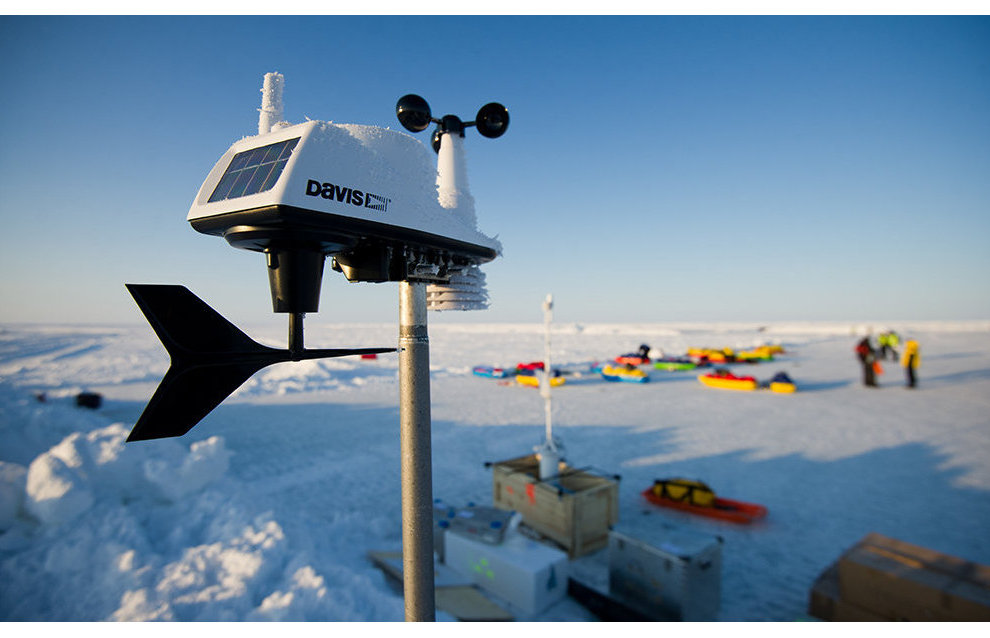Siberian scientists are developing a research station that drifts with the Arctic ice
Scientists at the Russian Academy of Sciences Siberian Branch's Institute for Petroleum-Gas Geology and Geophysics (INGG) are working on a project to install an autonomous floating research station on Arctic ice floes to conduct oil prospecting in the region and clarify the Arctic shelf's borders, RIA Novosti reported, citing the Russian Academy of Sciences Siberian Branch's publication Science in Siberia.
Scientists from INGG have proposed an original electromagnetic method for Arctic research — vertical current probes. The method makes use of the source field's complex particularities (circular electric dipole) and makes it possible to register the echo of subtle irregular effects," the announcement said. The plan is to install the equipment on ice floes. Once the equipment is installed, the scientists will be able to conduct long-term observation of the ocean bed as the station drifts.
"According to our theoretical calculations, this installation will solve the problem of the seawater (which makes it difficult to make measurements using standard geophysical methods), and we will be able to obtain detailed information on the Arctic seabed's geological structure without incurring high costs," said Vladimir Mogilatov, senior researcher at INGG's geo-electricity laboratory. "This research will allow us to make conclusions on the probability of mineral deposits in the Arctic seabed, and above all, will let us identify areas where oil might be present."
Mogilatov said the project is currently in the development stage. The scientists are carrying out three-dimensional mathematic modelling of the installation's operation and discussing technical issues. The INGG scientists said that they cannot carry out such an ambitious project on their own resources alone and that the project's implementation will be possible only in cooperation with companies such as Gazprom or Rosneft, which are planning offshore work in the Arctic shelf.
